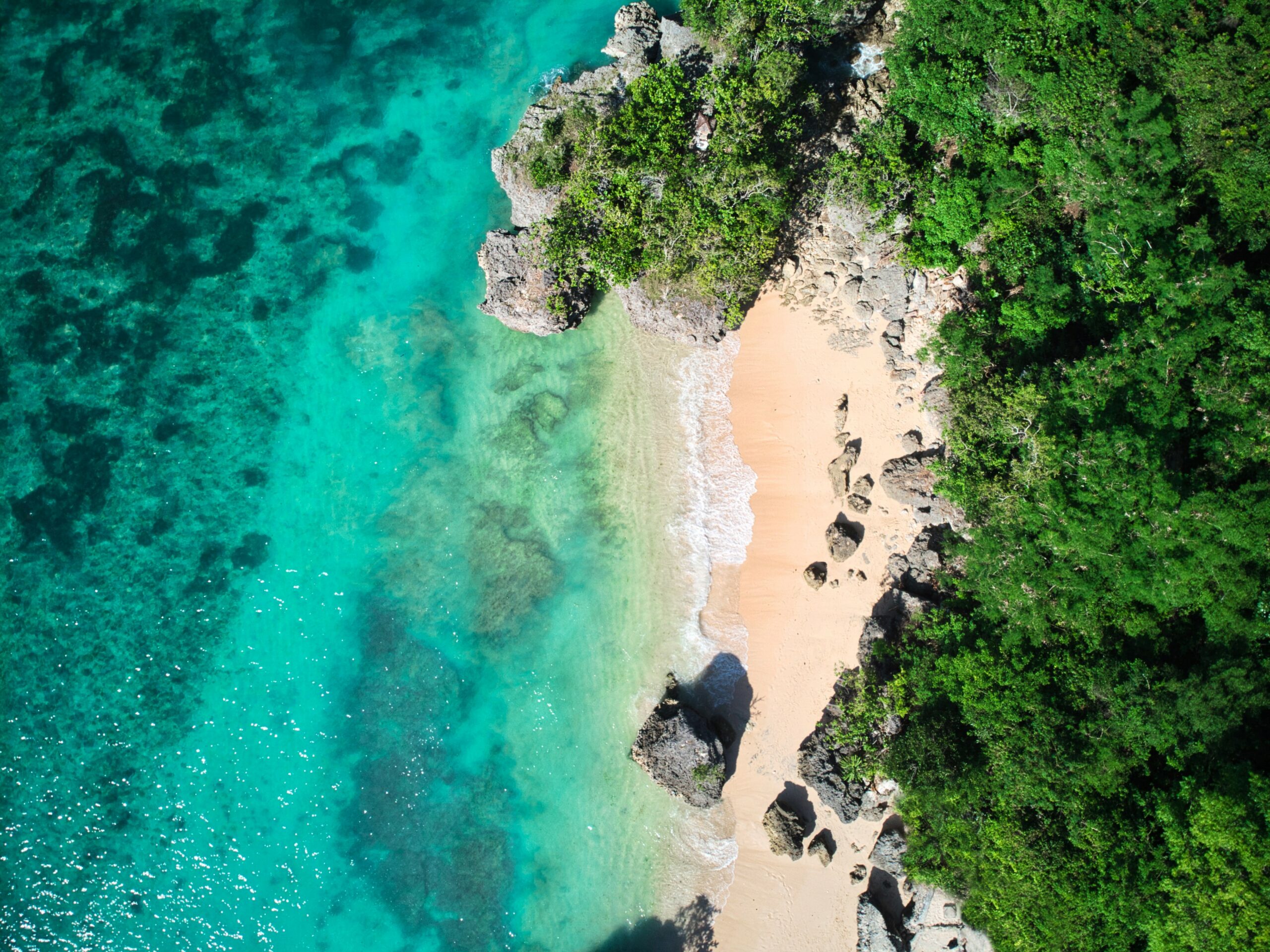New Horizons: Regional Qualifications in Climate Change Resilience
Climate change is here and it’s here now. Already, it’s effects are being keenly felt in the Pacific with the Emergency Events Database showing natural disasters on the rise. For the Pacific then the question is not “How do we prevent climate change?”. It’s “How can we adapt to the inevitable?” Doing so, requires cooperation and coordination not just within one nation, but across the whole Pacific.
That’s why we’ve been helping build the capability to do so by developing the Regional Qualifications in Climate Change and Disaster Resilience.
THE CURRENT PICTURE
Regional cooperation has long been a feature of Pacific relations. Since the foundation of the Pacific Community in 1947, the nations of the region have looked to how they can work together to solve common issues, rather than each working in isolation.
Now, climate change is one area where such a common issue has arisen. Although the Pacific nations are some of the smallest contributors to climate emissions, they are some of the most at risk to their negative effects. That’s why, the Pacific needs competent individuals to determine the areas most vulnerable to climate change and disaster, and to create solutions that minimise the risk these vulnerabilities pose.
It’s competency that the Pacific is currently sorely lacking, but one the Pacific Community is keen to build, to ensure the readiness for facing climate disasters.
DESIGNING THE FUTURE: REGIONAL QUALIFICATIONS
We partnered with SPC to help facilitate their development of Regional Qualifications in Resilience. With experience developing national qualifications across Asia and the Pacific, we were keenly aware of the difficulties associated with qualification development.
However, for this project we knew there would be two additional challenges:
- Firstly, developing qualifications relevant to nations across the Pacific rather than one individual country.
- Secondly, developing qualifications specific enough to set a good benchmark for the entire field of resilience – but also with enough relevance to be applicable between resilience sectors as diverse as agriculture and tourism.
The answer to this, as with all good qualification development are engagement and consensus.
For the regional resilience qualifications, it meant gathering a diverse group of experts: from large nations and small, from resilience and education professions, and from a variety of sectors vulnerable to climate change and disasters.
Experts discussed over email, in one-on-one meetings and in virtual and hybrid workshops to reach consensus on the skills that resilience professionals needed at different levels of complexity – creating a pathway from school leaver to university entrant.
The outcome? Consensus. Consensus on the skills resilience professionals need, and qualifications that represent these skills. The qualifications intertwine international best practice, with local contextualisation. They also focus on interaction and engagement. Community support, integrating traditional knowledge, and an inclusive focus all stand as educational pillars for the qualifications.
Now, the Regional Qualifications in Resilience are accredited and listed on the framework. When the disasters arise, the Pacific can be prepared.
